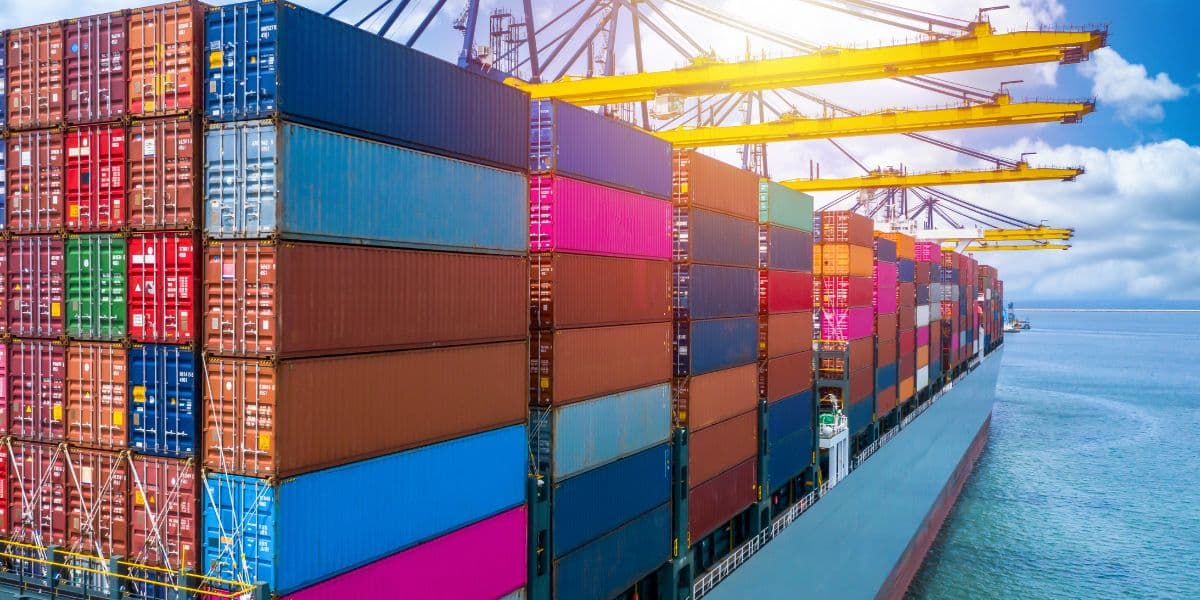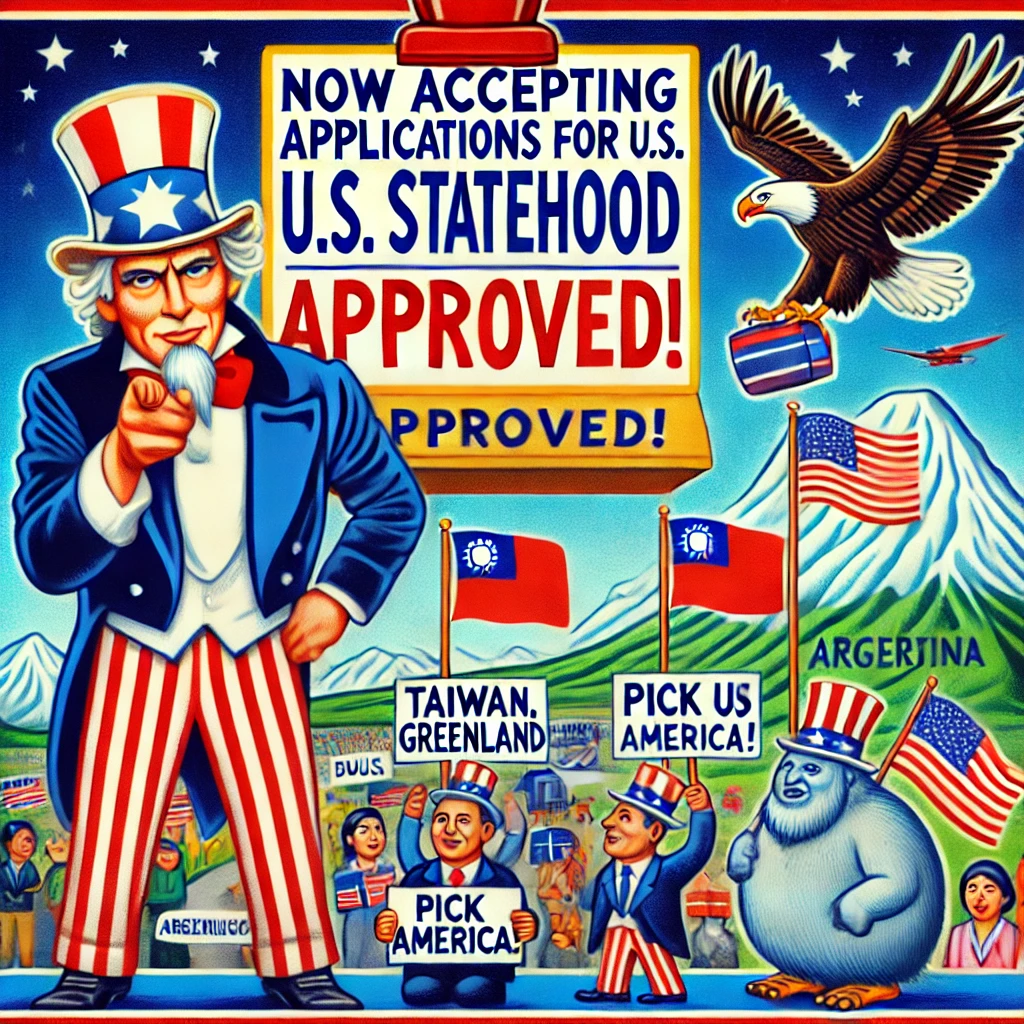By Hans Wilder for Digital Media USA
Hey folks, let’s talk about something most people don’t think about: tariffs. Yeah, I know—it’s not as sexy as TikTok drama or UFOs, but hang with me. Tariffs are the gritty, unsexy mechanics of how countries tell each other, “Hey, stop dumping your crap here.” And guess what? They make a lot of sense if you care about, oh, I don’t know, having a country left to live in.
Now, the critics love to scream, “Tariffs hurt consumers! They raise prices! Wah, wah, wah!” But let me tell you something—so does shipping everything we buy from halfway around the planet. You ever think about that? Every time you grab some cheap piece of plastic junk off Amazon, it’s already traveled more than most of us do in a lifetime. And for what? A #2 pencil that snaps in half when you press too hard?
Here’s the kicker: this isn’t about pencils. It’s about priorities.
Why Keep Importing When We Can Make It Ourselves?
America used to build stuff. Big stuff. Strong stuff. Now we’ve got an entire economy addicted to foreign-made widgets because it’s “cheaper.” Cheaper for who? Certainly not for the environment, not for American workers, and definitely not for you, the consumer, when it all breaks and you have to buy it again.
Tariffs are a wake-up call. They say, “Hey, maybe we should stop depending on countries that don’t exactly like us for the stuff we need.” You know, little things like steel, medicine, and semiconductors. Oh, and how about we invest in technologies like 3D printing so we can make what we need right here at home? It’s 2024, folks—we can print organs for transplants. You telling me we can’t print a toaster or a car part?
The Green Agenda Nobody Talks About
Let’s talk about those big, ugly cargo ships floating across the ocean. These things aren’t just delivering goods; they’re belching out more carbon than most countries. But no one wants to talk about that, because it doesn’t fit into the shiny “green energy” narrative. You know what’s green? Producing stuff locally.
Tariffs help with that. When it gets more expensive to import, companies have to rethink their supply chains. That means fewer cargo ships spewing pollution and more jobs for Americans. It’s not rocket science—it’s common sense. Or at least it should be.
But What About Prices?
Oh, here come the economists with their clipboards: “Tariffs raise prices! Consumers suffer!” Yeah, and you know what else raises prices? Inflation. Corporate greed. And sending jobs overseas so the only thing left here are people flipping burgers and writing sad tweets about it.
Sure, there’s an adjustment period. But the payoff is a stable, self-reliant economy where Americans make things, buy things, and build futures instead of just debt. Think of it as an investment in something bigger than your next Amazon haul.
Trump’s Tariff Playbook
Love him or hate him, Trump’s got this one right. Tariffs aren’t just about sticking it to China (although let’s be honest, that part’s fun too). They’re about saying, “We’re America, and we’re going to take care of our own.”
This isn’t isolationism; it’s common sense-ism. You can’t call yourself a superpower if you’re outsourcing all your power to someone else. And if the price of independence is a few extra bucks at the checkout, so be it. That’s the price of being a grown-up nation.
Stop Whining, Start Building
So here’s the deal: tariffs aren’t the problem. The problem is we’ve been hooked on the illusion of “cheap” while the real costs pile up—lost jobs, environmental destruction, and a nation that’s forgotten how to take care of itself.
It’s time to put on our big-boy pants and realize that building at home isn’t just patriotic—it’s practical. And maybe, just maybe, it’s time to stop shipping pencils 6,000 miles when we’ve got trees right here.
Common sense rules the day. Now, go buy something made in America. You’ll feel better about it. Trust me.



